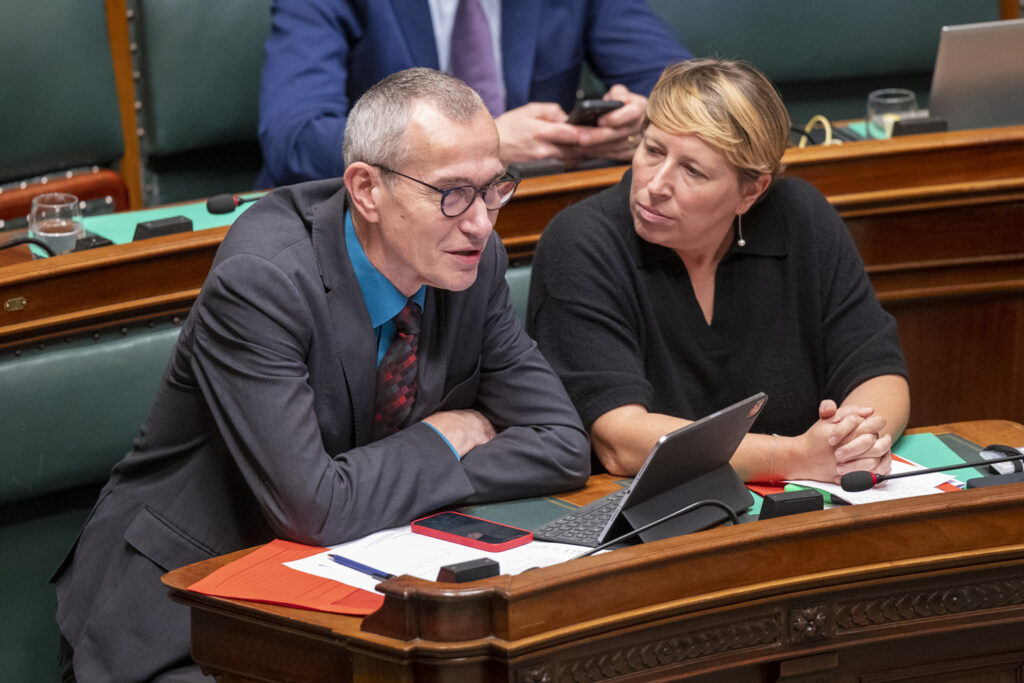Belgium has facilitated the donation of 215,000 doses of the mpox vaccine from the European Health Emergency Preparedness and Response Authority (HERA) to the Africa Centres for Disease Control and Prevention, a public health agency of the African Union.
Given the severity of the situation, the rapid spread, and potential risk to Europe, Belgium submitted a formal request to HERA for the supply of vaccines. Such a request is required, according to outgoing ministers Frank Vandenbroucke (Health) and Caroline Gennez (Development Cooperation) to enable HERA to fulfil its function.
“There’s a serious emergency in Africa,” Vandenbroucke said. “The virus is claiming more victims and viruses are not halted by national borders. It is conceivable that the new variant will spread further, so we must act now.
'We can only ensure our health when the rest of the world can do so too'
"Enabling the delivery of 215,000 vaccines through a simple intervention benefits not only those in Africa but also us,” the outgoing health minister added.
Ms. Gennez noted that one of the priorities during Belgium’s EU presidency has been to create a more equal partnership with Africa by further strengthening health cooperation.
“We now are seeing the fruit of that labour,” she pointed out. “These vaccines will save lives and help curb the spread of the monkeypox virus. This proves yet again the effectiveness of global solidarity; we can only ensure our health when the rest of the world can do so too.”
A public health emergency of international concern
Mpox, formerly known as ‘monkeypox’ is currently spreading in 10 African nations, increasing in prevalence since 2022. A new variant, dubbed the ‘Mpox Clade 1b’, allegedly carries a death rate of up to 10 percent. It is now on the rise, prompting the World Health Organisation to declare a ‘Public Health Emergency of International Concern.’
While it has no specific implications, this declaration, announced on Wednesday by WHO Director-General Tedros Adhanom Gebreyesus, is intended to alert global authorities to prepare for possible outbreaks of the virus, which is characterised by skin eruptions all over the body.
The Democratic Republic of Congo is at the heart of the outbreak, accounting for the lion's share of the 14,000 cases of the virus and 524 deaths reported this year, according to the WHO. Initial cases in Burundi, Kenya, Rwanda and Uganda have just been logged. Egypt, Morocco, Nigeria, and South Africa have also identified cases.
The virus could spread internationally once again, WHO warns
The WHO acknowledges that mpox, following outbreaks in 2022, poses a risk to various nations by possibly spreading internationally once again. Independent advice given by mpox specialists, summoned by WHO into its Emergency Committee, has been acted upon, the WHO chief said in Geneva.
In late July, the European Centre for Disease Prevention and Control (ECDC) evaluated the risk of the new variant spreading in Europe as “very low.”
The virus, previously called ‘monkeypox’ as it was first accidentally discovered in monkeys, now goes by the name ‘mpox’. The WHO rebranded it to prevent discrimination as it refrains from naming viruses or diseases after animals or countries where they originate.

